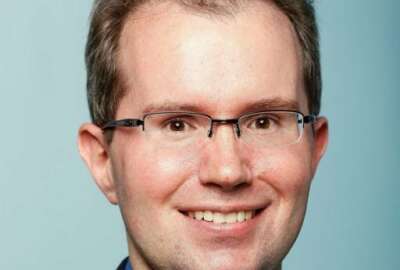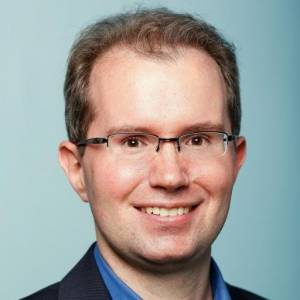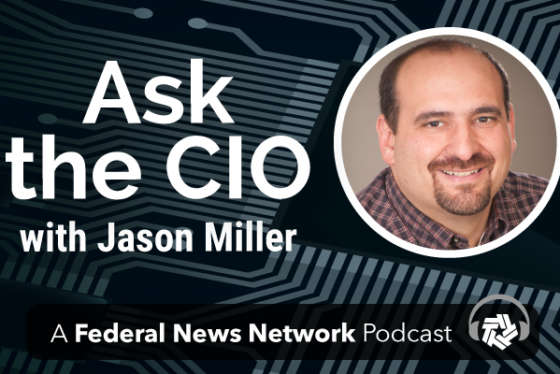
FCC’s Bray challenges how we think about public service
David Bray, the Federal Communications Commission’s chief information officer, said cutting edge technology from the Internet of things to artificial intelligence...
David Bray wants to redefine public service.
The Federal Communications Commission’s chief information officer said he believes the growth of connected devices, social media and the Internet at large is forcing agencies to rethink every one of their internal and external roles and responsibilities.

“We are trying to do things both at speed and at scale, and the world is changing exponentially,” Bray said on Ask the CIO . “When I started at the FCC in 2013, there were 7 billion network devices for 7 billion human beings. Two years later in 2015, we’ve gone up to 14 billion network devices on the face of the planet and that will continue to double such as that in less than four years we will see 50 billion on up, and data is doubling every two years too. If we try to do the business of running the nation solely by government professionals, I don’t think we will be able to keep up with that exponential speed. So the question is, what takes its place? Well, people care about their local environments. They want them to be safer. They want them to be cleaner. They want them to have energy and transportation efficiencies. So if in your pocket you have a smartphone, you have what was apparently more computing power, according to some, than President [Ronald] Reagan had in 1981. Would you be willing, if you had trust that it would be used appropriately, to anonymously share data on air quality or water quality?”
Bray said by expanding the concept of public service by including citizens who voluntarily participate can help make government more responsive more quickly.
The FCC actually tested out a similar idea back in 2013 when it released an app to test the speed of broadband connections across the country.
“By getting that trust — our terms and conditions were two pages long — it was the fourth most popular app behind Google Chrome,” Bray said. “To me that’s just the tip of the iceberg. If we can ensure that our sporting events were safer because we knew what the algorithm was doing, or if we can ensure we had better air quality or water quality. That’s a conversation I think needs to happen with the public.”
He added this gets to how the government can serve the public in the future. Bray said it’s not about writing code or developing technology, but working with the public and private sectors to get the tools needed to accomplish their missions.
No surprise that the CIO must play a new and bigger role in this new vision of government.
Bray said the CIO must no longer worry about running infrastructure and think only about the business or mission, in how they can respond to customers and/or mitigate threats faster.
Bray said emerging technologies such as the Internet of Things, machine learning and artificial intelligence is giving the government more confidence in data it’s collecting from a variety of sources, and then using that information to make better decisions.
“A lot of what we do in public service is rote and repetitive because we want it to be fair so it has to follow a very prescribed, rules based process and it also involves usually three or four or five different people because you want to minimize the bias. The more people that look at it, it’s harder for any one person to be too untoward or too powerful in where it goes,” he said. “But if you think about it, you make the algorithm open source, it’s very easy to follow a rules based process, and instead of waiting for three or four or five different people to review and finally give the stamp of approval, the machine could come back in two or three seconds. By making the algorithm open source, people could take a look and say, ‘I see where this works or maybe it’s biased and how it could be better,’ and the public could give comments.”
Additionally, he said the ability of employees to work from almost anywhere will help to transform the government of the future by making it more agile and flexible. Bray said he realizes this type of thinking may bother some people, but the technology is driving the need to transform and government needs to adjust its viewpoint to keep up.
Copyright © 2024 Federal News Network. All rights reserved. This website is not intended for users located within the European Economic Area.
Jason Miller is executive editor of Federal News Network and directs news coverage on the people, policy and programs of the federal government.
Follow @jmillerWFED





